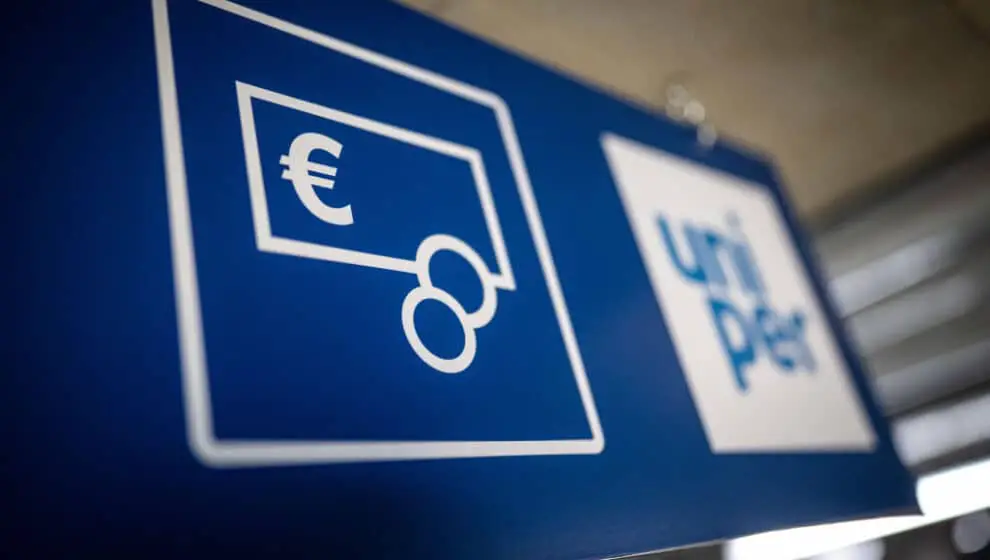Germany has nationalized one of its largest fossil-fuel importers in an effort to avert catastrophe.
Key Details
- Germany is purchasing a 98.5%% stake in energy producer Uniper SE.
- Uniper is one of the largest energy producers in Europe, and a major importer of oil.
- “Germany will nationalize Uniper SE in a historic move to rescue the country’s largest gas importer and avert a collapse of the energy sector in Europe’s biggest economy,” says Bloomberg.
- “Chancellor Olaf Scholz’s administration will control … the Dusseldorf-based utility after injecting 8 billion euros ($8 billion) into the company and buying the majority stake held by Finnish utility Fortum Oyj.”
- The company provides 40% of Germany’s gas and is heavily depended on for major industries.
- “Uniper… has been squeezed by vastly reduced gas flows from Russia, which have sent prices soaring,” says CNBC.
Why it’s important
The nationalization of a major private energy company speaks to the desperation the European Union is facing as it continues to tackle the ongoing energy crisis.
“Germany is paying the price for building up a reliance on Russia, which supplied more than half of the country’s gas before President Vladimir Putin ordered the invasion of Ukraine. Scholz is now overseeing a rapid overhaul, but the implications will last for years,” says Bloomberg.
“Nationalizing Uniper is Germany’s biggest step to date to protect the country from blackouts and rationing this winter and beyond, and more will likely follow.”
The crisis is costing European citizens a lot, hurting small businesses with energy bills and forcing citizens to adjust to less electricity.
Backing up a bit
As we previously reported, Europe’s energy shortage has continued to skyrocket energy prices and gas prices. The closure of the Nord Stream 1 pipeline from Russia has created fear that 35% of gas supplies may be indefinitely cut off from the continant unless it is reopened.
“The situation had worsened dramatically since Russia cut off gas supplies to Europe through the Nord Stream 1 pipeline indefinitely on September 1, citing an oil leak. Russian gas has had to be substituted with costly alternatives, leading to soaring bills for consumers,” says CNN Business.
The European Union has thus far failed to come to major solutions that would continue to protect gas and natural gas supplies through the winter, although Germany may be able to get through winter using reserves.

